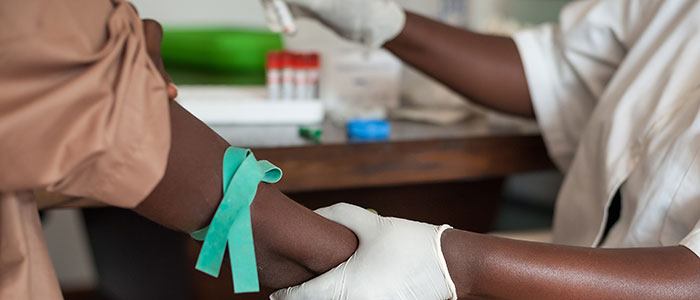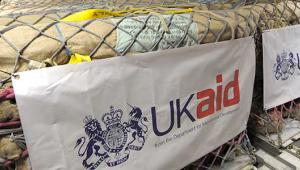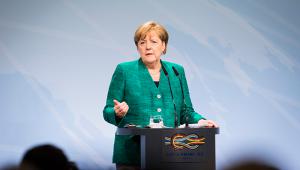Web_HIVTesting_shutterstock_251585581.jpg

HIV testing in Africa Photo: Shutterstock
Ahead of World AIDS Day today, the WHO reported that, while significant progress has been made so far, more must be done if the Sustainable Development Goal of ending the AIDS epidemic by 2030 is to be achieved.
WHO’s report noted a “thousand-fold increase”, in the number of people taking medication for HIV in the last 15 years, from 11,000 to 11 million. Despite this, 60% of those living with HIV are still not receiving treatment.
Dr Matshidiso Moeti, WHO regional director for Africa, said that the number of people acquiring HIV remains too high and highlighted that young women and adolescent girls remain disproportionately at risk.
According to data released last week by UNICEF, the number of adolescent deaths from AIDS has tripled over the last 15 years.
The 2015 Sustainable Development Agenda includes the target of ending the AIDS epidemic by 2030. Underpinning this is a 75% reduction in new infections by 2020, and ensuring that 90% of HIV positive people know they are infected and are receiving antiretroviral treatment. The SDG also requires that 90% of those on treatment have no detectable virus in their blood.
Dr Winnie Mpanju-Shumbusho, WHO assistant director general for HIV/AIDS, tuberculosis, malaria and neglected tropical diseases, said the world was presented with a “unique opportunity” to end the AIDS epidemic within a generation efforts are stepped up to reach those who are being missed.
UNAIDS executive director Michel Sidibé also warned today that “Africa is on the brink of an AIDS epidemic” and that the world has “five years to fast-track the AIDS response so that the epidemic can’t rebound” on the continent.
Many of WHO’s findings and recommendations are echoed in a report by the UK-based anti-poverty campaign ONE.
ONE’s report identified a growing level of complacency in the fight against HIV/AIDS that is leading to a huge $12bn annual shortfall in funding.
Diane Sheard, UK director of ONE, said the progress made so far is “so powerful that it is easy to get lulled into a false sense of security” about the fight that lies ahead.
The report shows that spending of many donor countries on HIV and AIDS has plateaued, leaving countries with high HIV rates to find new sources of much-needed money.
Although in 2001 the leaders of 46 sub-Saharan African countries pledged to increase their domestic spending on health programmes to 15% of overall budgets, since then only six have stuck to this commitment.
ONE’s report argues that the next five years represent a unique window in the epidemic’s trajectory. If investments are aggressively scaled up to close the funding gap 8 million new infections could be prevented. But if service levels remain the same, the epidemic will outpace response measures and the world might see a resurgence of the disease.
There needs to be a renewed focus on gay and transgender individuals and adolescent women and girls, who are the most vulnerable to infection yet also the most unlikely to benefit from initiatives, ONE says. Its report urges world leaders to step up to fully replenish the Global Fund to Fight AIDS, Tuberculosis and Malaria next year.
Sheard added: “It is one thing to give a speech about ending AIDS in our lifetimes, but it is another thing entirely to deliver the necessary funding to make the goal a reality. Millions of lives depend on if the world steps up now.”
Success is within reach, ONE, UNAIDS and the WHO agree, but warn that if the international community fails on this final stretch they are likely to see all the progress so far come undone.













